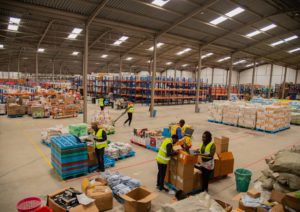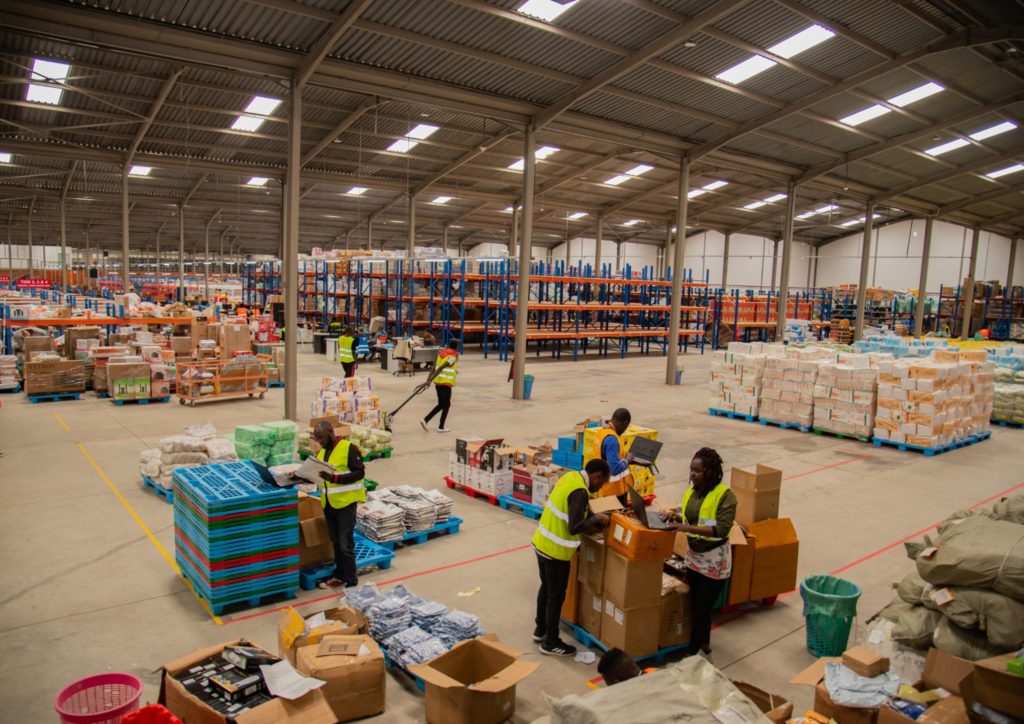This article was contributed to TechCabal by Conrad Onyango/bird
Africa is to send more satellites than it has over the last 20 years to the earth’s orbit in the hunt for critical data points that could boost the continent’s access to drinking water, tame deforestation, manage rapid urbanisation and help find lasting solutions to food security.
Africa is to more than triple the number of satellites sent into the earth’s orbit over the next few years, as it looks to build robust data for sustainable development.
The 2021 edition of the Africa Space Industry Annual Report shows 125 new satellites have been lined up for development in 23 African countries by 2025, as activities in the continent’s space market heat up significantly.
“These projects are capitalising on earth observation resources and satellite communications to address various socio-economic problems across the continent,” says the report.
Data captured will be used to inform strategic decision making in, among others, disaster monitoring, security, land use and management, agriculture and forest management. Governments are defying the pandemic to sink millions of investment dollars into space development.
In 2021, African governments have increased their expenditure by 9% to 548.6 million US dollars. Compared to pre-pandemic expenditure, that means a rise of 94%, from 283.12 million US dollars spent in 2018.
“African governments have increasingly become aware of the potential and opportunities underlying the space sector, which is evident by the growing number of African countries developing national space programs,” says the report by market analysis firm, Space in Africa.
The World Economic Forum (WEF) shows on its Digital Earth (DE) Africa Report, ‘Unlocking the potential of Earth Observation to address Africa’s critical challenges,’ that the continent can save more than 2 billion dollars in socio-economic benefits every year, from better data. Some of the challenges that can be addressed through satellite data include access to drinking water, rapid urban development, active deforestation and food insecurity.
“DE Africa will improve our understanding of the continent’s changing landscape, providing much-needed insights and analysis for more informed, strategic and inclusive decision-making,” said the WEF report.
10 more African countries have forayed into space science
According to the Africa space report, 10 countries are working on developing their first satellite, hoping to join the current list of 13 countries that have already sent satellites into the earth’s orbit over the last two decades.
Tunisia’s Challenge-One and Mauritius’ MIRSAT-1 launches in March and June 2021 respectively added the number of satellites Africa has launched into space to 44.
In December 2020, Botswana launched a space program that would lead the landlocked country to own its first home-grown nanosatellite.
Rwanda and Namibia also joined other African nations in the “space race”, with Rwanda approving a law establishing the Rwanda Space Agency. It was set to begin operations in July, while Namibia launched a National Space Science and Technology Policy in June 2021.
Other countries with space agencies in the continent are Egypt, Nigeria, South Africa, Morocco, Tunisia, Angola, Kenya and Zimbabwe. Namibia, Burkina Faso, Djibouti and Zambia, the report shows, are among countries that have begun developing new satellites that will launch their national space programs.



















